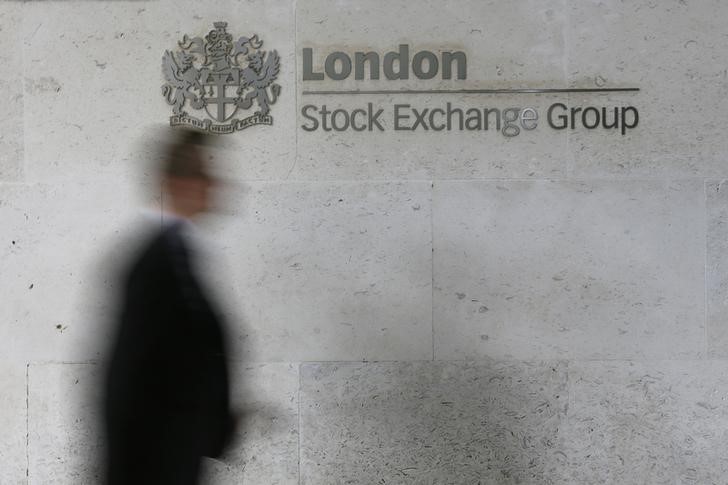LONDON (Reuters) - Britain's domestically-focused mid-cap index (FTMC) could lag the blue-chip FTSE 100 (FTSE) by as much as 10 percent given a weaker economy and further room for the sterling to fall, Deutsche Bank (DE:DBKGn) strategists said on Monday.
The mid-cap FTSE 250 index, now trading above its pre-Brexit closing level, has outperformed the FTSE 100 index, dominated by internationally-exposed companies, by about 7 percent since early July.
Deutsche Bank analysts said that the rebound in the mid-cap index was underpinned by an improvement in global risk appetite, a stabilization in the sterling and on hopes that the near-term negative UK growth impact from the June referendum to leave the European Union might be limited.
"However, we see downside risks for cyclicals, our FX strategists expect the GBP TWI to weaken by a further 9 percent by year-end and economic lead indicators point to a sharp downturn in UK growth," they said in a note.
British manufacturing shrank at its fastest pace in more than three years in July, a survey showed on Monday, adding to signs that the country's vote to leave the European Union is hurting growth.
The bank raised its year-end target for the FTSE 100 to 6,800, about 1 percent higher from current levels, citing the large weighting of defensive sectors as well as exporters who benefit from a weaker sterling.
It further said that its 8 percent EPS growth projection for the FTSE 100 was considerably above consensus, but there were signs that consensus was beginning to turn upwards, with net earnings revisions now at a 5-year high.
Deutsche Bank said it remained cautious on European equities on the back of its outlook for weak global growth.
